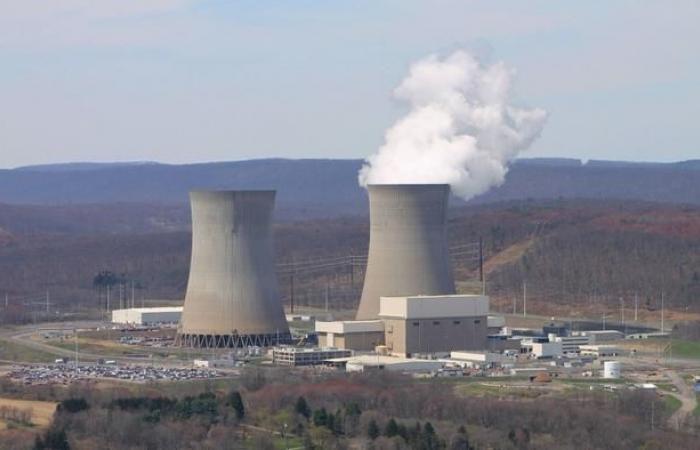US regulators have rejected Amazon’s request for more power for its data center connected directly to a nuclear power plant in Pennsylvania, citing risks to grid stability.
To support the rapid development of artificial intelligence offerings, hyperscalers must increase their computing capabilities. It’s not just about building more data centers, but also ensuring they have the power they need. In this context, bringing these infrastructures closer to existing nuclear power plants is becoming increasingly relevant for AI service providers.
Amazon Web Services recently acquired a data center located next to the Susquehanna nuclear power plant in Pennsylvania. But American energy regulators have just rejected a new request concerning interconnection to this plant. The project, estimated at $650 million, aimed to increase the data center’s power capacity from 300 to 480 megawatts. Note that AWS also announced this spring that it planned to expand the site with more than a dozen new data centers over the next ten years.
According to Federal Energy Regulatory Commission (FERC) Commissioner Mark Christie, the project could threaten grid reliability and lead to increased energy costs for consumers. Note, however, that FERC Chairman Willie Phillips expressed his disagreement with the rejection of the request, stressing that it could harm the competitiveness of the United States in the field of artificial intelligence.
According to CNBC, this refusal would not harm Microsoft’s project, in collaboration with Constellation, to restart the Three Mile Island power plant in 2028. Unlike Amazon’s project, the electricity produced here will be distributed to the general electricity grid and not used exclusively by data centers.
Business






